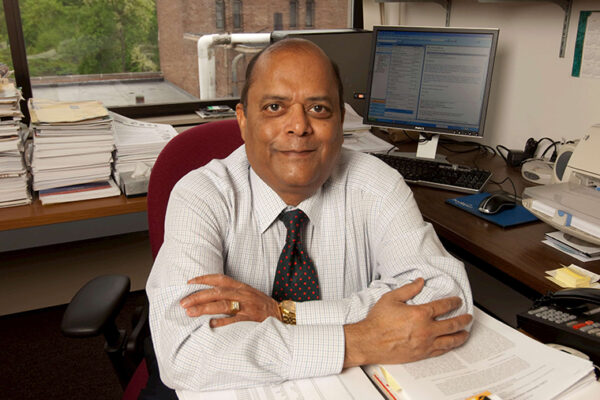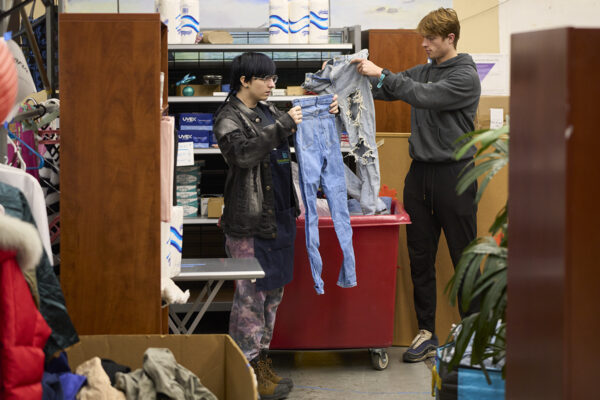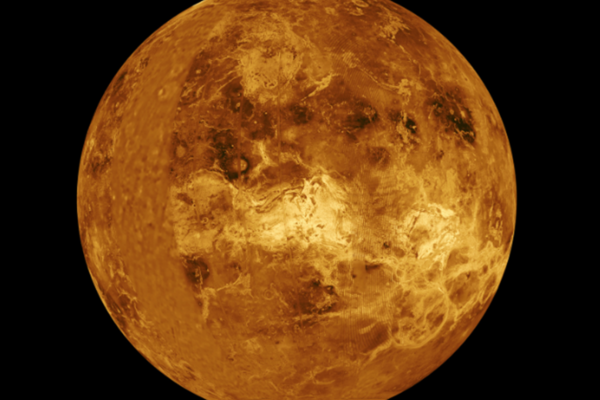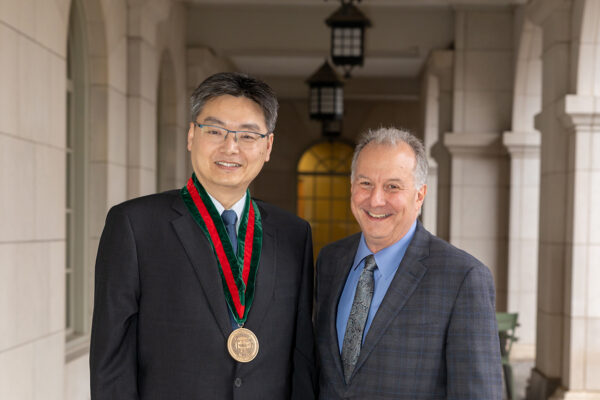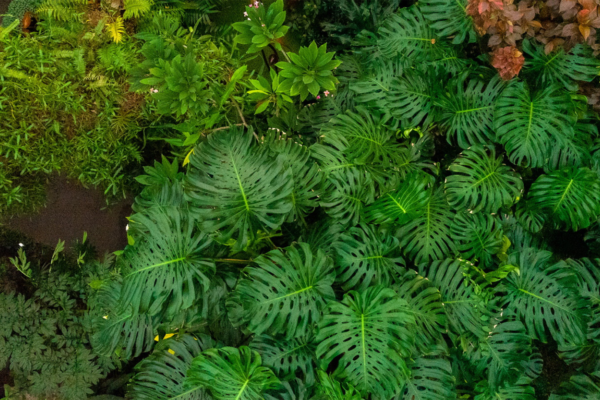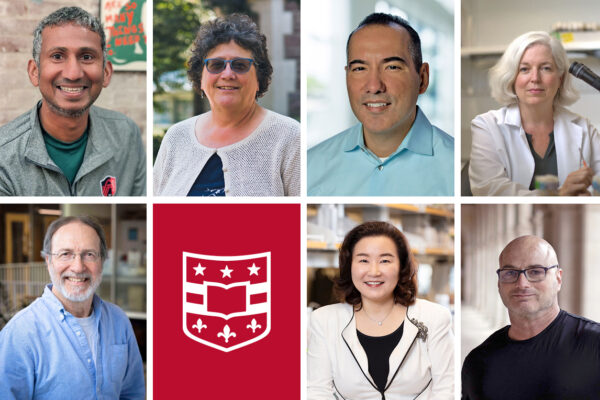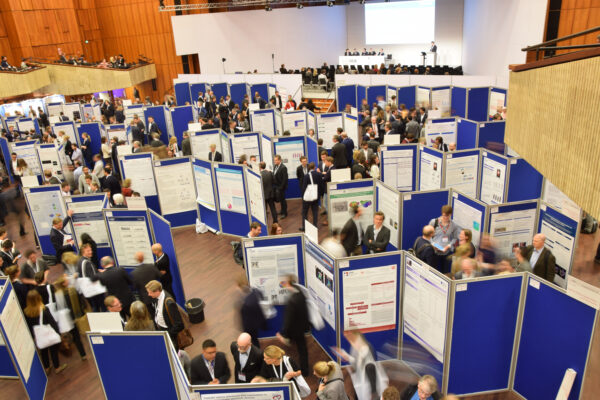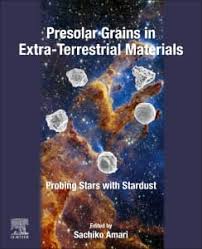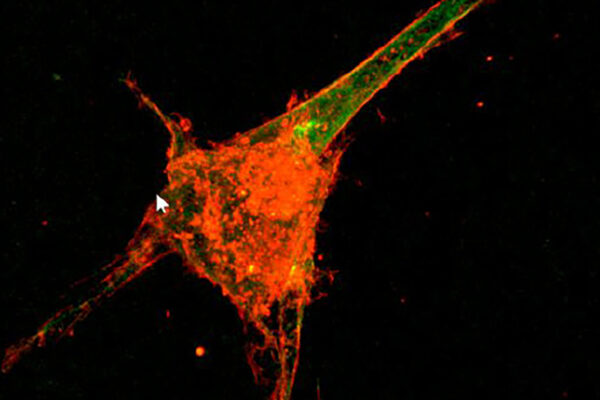Agarwal to receive aerospace industry award
Ramesh Agarwal, the William Palm Professor of Engineering in the McKelvey School of Engineering at Washington University, will receive the 2025 John J. Montgomery Award for Distinguished Innovation in Aerospace from the American Society of Mechanical Engineers.
Sustainable solutions
WashU is among 13 colleges participating in the Campus Compact EnviroCorps initiative, a federal AmeriCorps program to reduce waste, boost energy efficiency and protect natural resources. WashU’s EnviroCorps fellows are planting trees, weatherizing homes and donating items from the WashU Circularity Center to local nonprofits in need.
Could convection in the crust explain Venus’ many volcanoes?
New calculations by Arts & Sciences researchers suggest surprising geology beneath Venus’ surface.
He named Laura and William Jens Professor of Environmental Engineering
Jason He has been named the Laura and William Jens Professor of Environmental Engineering at the McKelvey School of Engineering at WashU.
World-renowned experts in tropical plant biodiversity join WashU, Missouri Botanical Garden
Lúcia Lohmann and Toby Pennington will have joint appointments with both research institutions.
Seven WashU faculty elected to AAAS
Seven WashU faculty members are among the 471 new fellows selected by the American Association for the Advancement of Science.
Uncovering the electrochemistry of condensates
Researchers at Washington University are discovering the electrochemical properties of biomolecular condensates, which could help in development of treatments for cancer or other diseases.
Presolar Grains in Extra-Terrestrial Materials
Probing Stars with Stardust
Providing a cohesive overview of the latest research on presolar grains and their stellar sources, this book brings researchers in cosmochemistry, astrophysics and astronomy up to speed on state-of-the-art developments, analysis and future implications. The book begins with a historical perspective on the study of presolar grains, then reviews the properties and features of a […]
How Alexa is listening
Umar Iqbal, a computer security expert from Washington University, explains how smart speakers process user data.
The right moves to rein in fibrosis
Biomedical researchers at Washington University have decoded how mechanical forces drive cell behavior in fibrosis.
Older Stories
